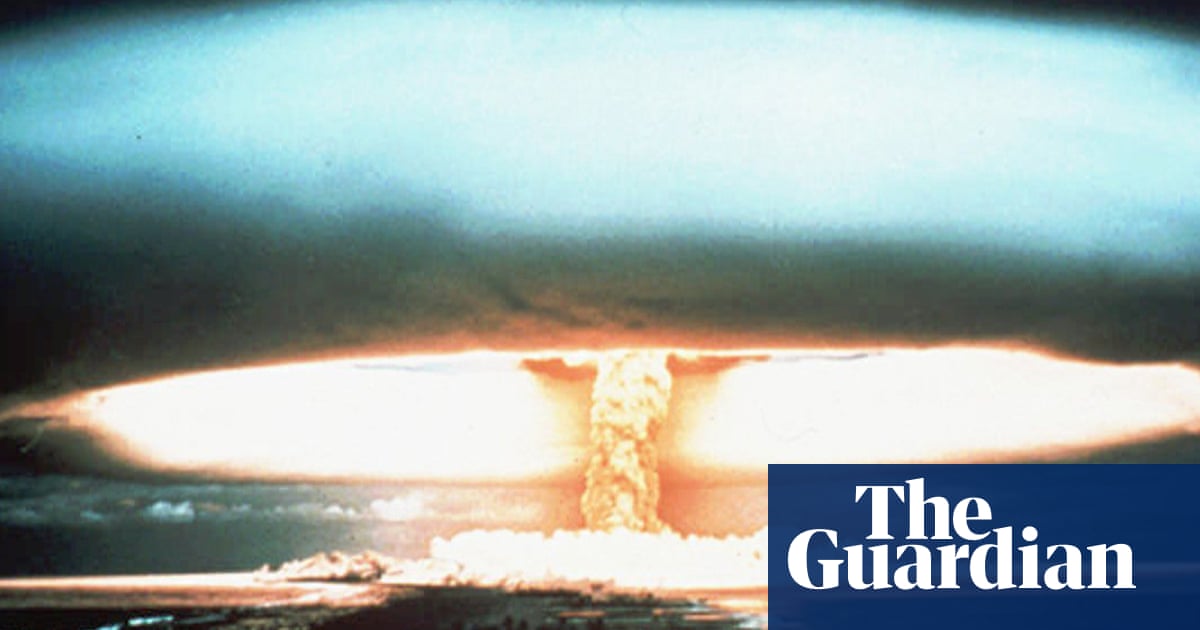
"The CEA's concerted effort to counteract the findings of Toxique reveals a significant lack of transparency regarding the impact of France's nuclear tests in French Polynesia."
"Despite the CEA's claims, evidence suggests that the contamination levels were much higher than previously acknowledged, affecting far more people than France admitted."
"The report prepared for parliament is expected to shed light on the discrepancies between the CEA's narrative and the realities faced by the residents in the test locations."
"The promotion of the CEA's booklet demonstrates a strategic move to control the narrative on nuclear testing and to mitigate public concern over health impacts."
The France Atomic Energy Commission (CEA) is under scrutiny for allegedly attempting to discredit evidence regarding the harmful effects of its nuclear tests in French Polynesia during the 1960s and 70s. The inquiry into these tests follows the publication of the book 'Toxique,' which indicated that the CEA had dramatically underestimated contamination levels. The CEA's response included distributing booklets asserting limited contamination and funding a costly awareness campaign. As the parliamentary inquiry approaches, public concerns regarding transparency and health repercussions continue to rise, particularly in relation to France's nuclear legacy in the islands.
Read at www.theguardian.com
Unable to calculate read time
Collection
[
|
...
]